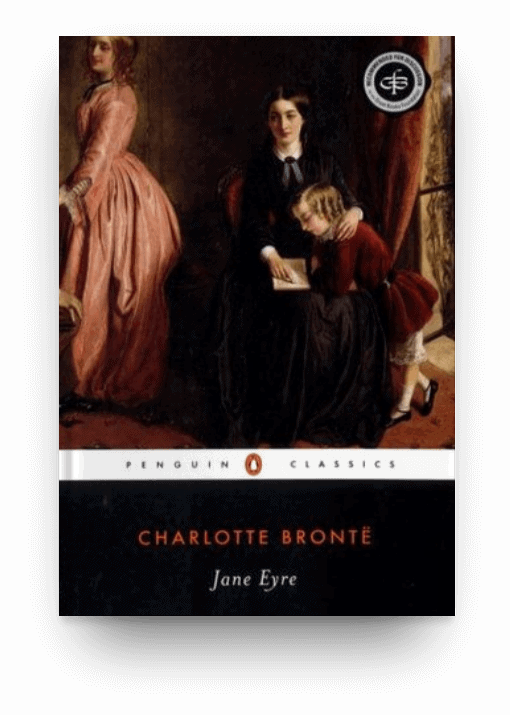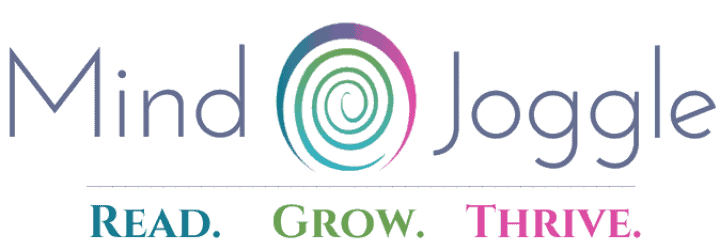Jane Eyre

I have mixed feelings on Jane Eyre. The positive: Jane is amazing. Charlotte Bronte's writing is amazing. The story is compelling and surprisingly readable, and it's one from my bucket list. The negative: those men! Rochester and St. John Rivers, both manipulating mansplainers. Maybe reading Jane Eyre in the 21st century predisposes me to feel more bitterness toward them than Bronte intends. Jane herself is also frustrating in her deference to both men, but also admirable in her independence. In short, I haven't quite sorted out how I feel about Jane, and that's one reason I think she remains so fascinating to so many readers.
This post may include affiliate links. That means if you click and make a purchase, I may earn a small commission. Please see Disclosures for more information.
Publisher’s Description
A novel of intense power and intrigue, Jane Eyre has dazzled generations of readers with its depiction of a woman’s quest for freedom. Having grown up an orphan in the home of her cruel aunt and at a harsh charity school, Jane Eyre becomes an independent and spirited survivor–qualities that serve her well as governess at Thornfield Hall. But when she finds love with her sardonic employer, Rochester, the discovery of his terrible secret forces her to make a choice. Should she stay with him whatever the consequences or follow her convictions, even if it means leaving her beloved?
